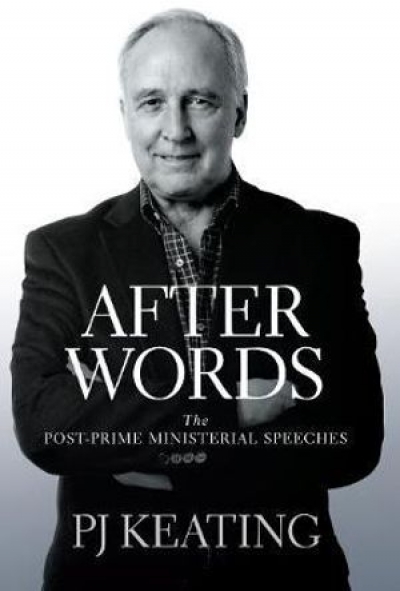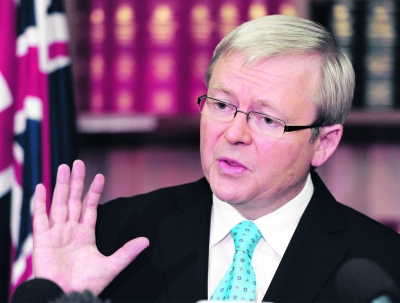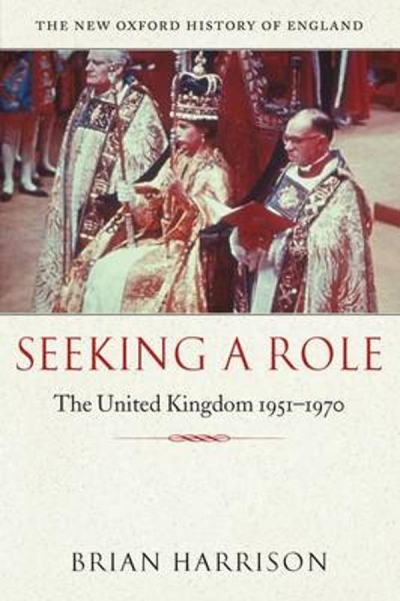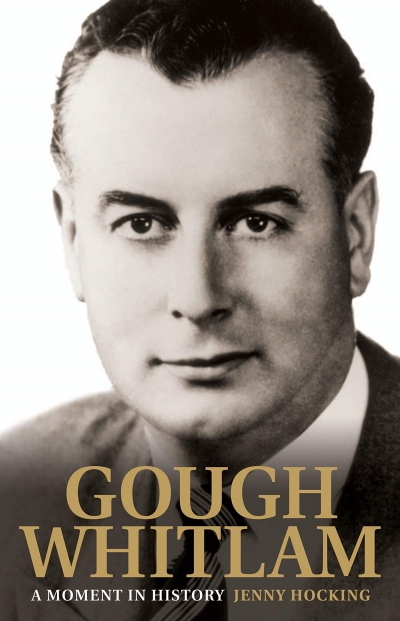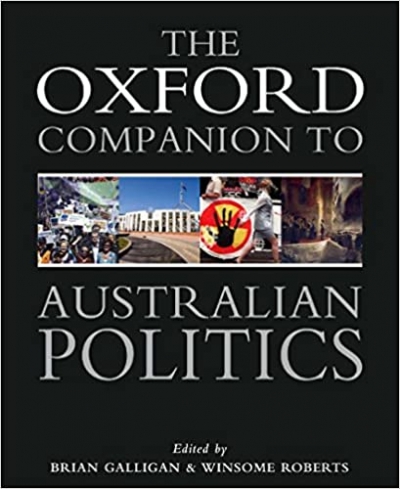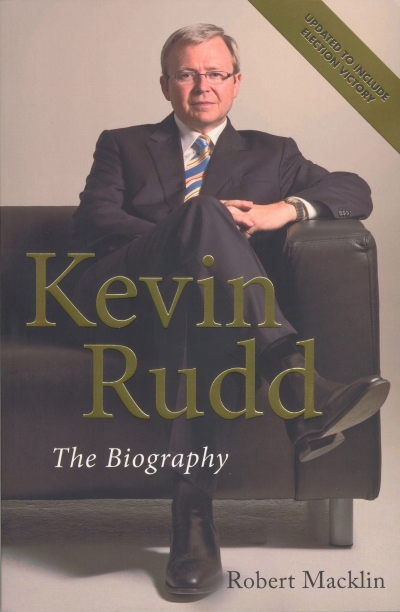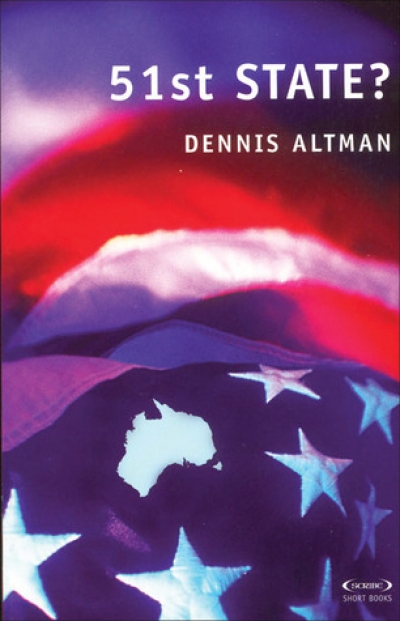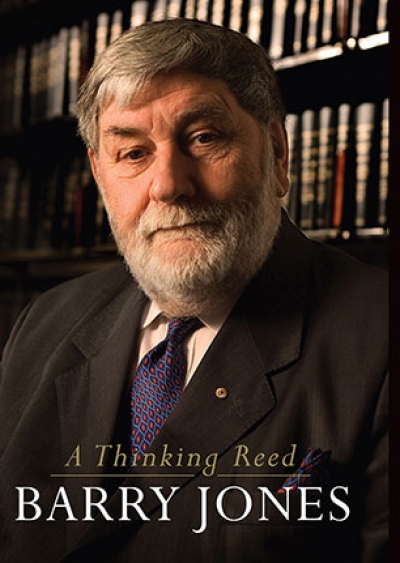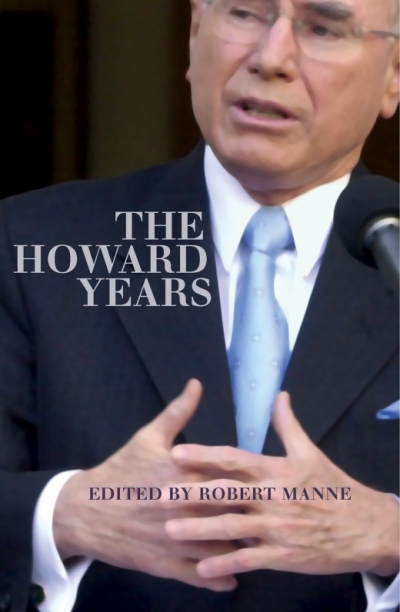Neal Blewett
After Words: The Post-Prime Ministerial Speeches by P.J. Keating
The political assassination of Kevin Rudd will fascinate for a long time to come. As with Duncan’s murder in Shakespeare’s play it was done, as Lady Macbeth cautioned, under ‘the blanket of the dark’, literally the night of 23–24 June 2010. The assassins heeded Macbeth’s advice: ‘if it were done when ’tis done, then ’twere well it were done quickly.’ And as in Macbeth, the assassins were in the shadow of the throne. Even the old king approved: Bob Hawke, himself deposed in 1991, recognised at last that the removal of a Labor prime minister is sometimes necessary.
... (read more)Seeking A Role: The United Kingdom 1951–1970 by Brian Harrison
Gough Whitlam: A moment in history (Volume One) by Jenny Hocking
The Oxford Companion to Australian Politics edited by Brian Galligan and Winsome Roberts
Kevin Rudd by Robert Macklin & Kevin Rudd by Nicholas Stuart
Neal Blewett reviews 'Losing It' by Annabel Crabb, 'Loner: Inside a Labor tragedy' by Bernard Lagan, and 'The Latham Diaries' by Mark Latham
Although you might not guess it from media comment, The Latham Diaries (MUP, $39.95 hb, 429 pp, 0522852157) is the most important book yet published on Labor’s wilderness years. It provides a pungent characterisation of Labor’s post-1996 history; conveys a profound understanding of the challenges facing a social democratic party in contemporary Australia ...
... (read more)
